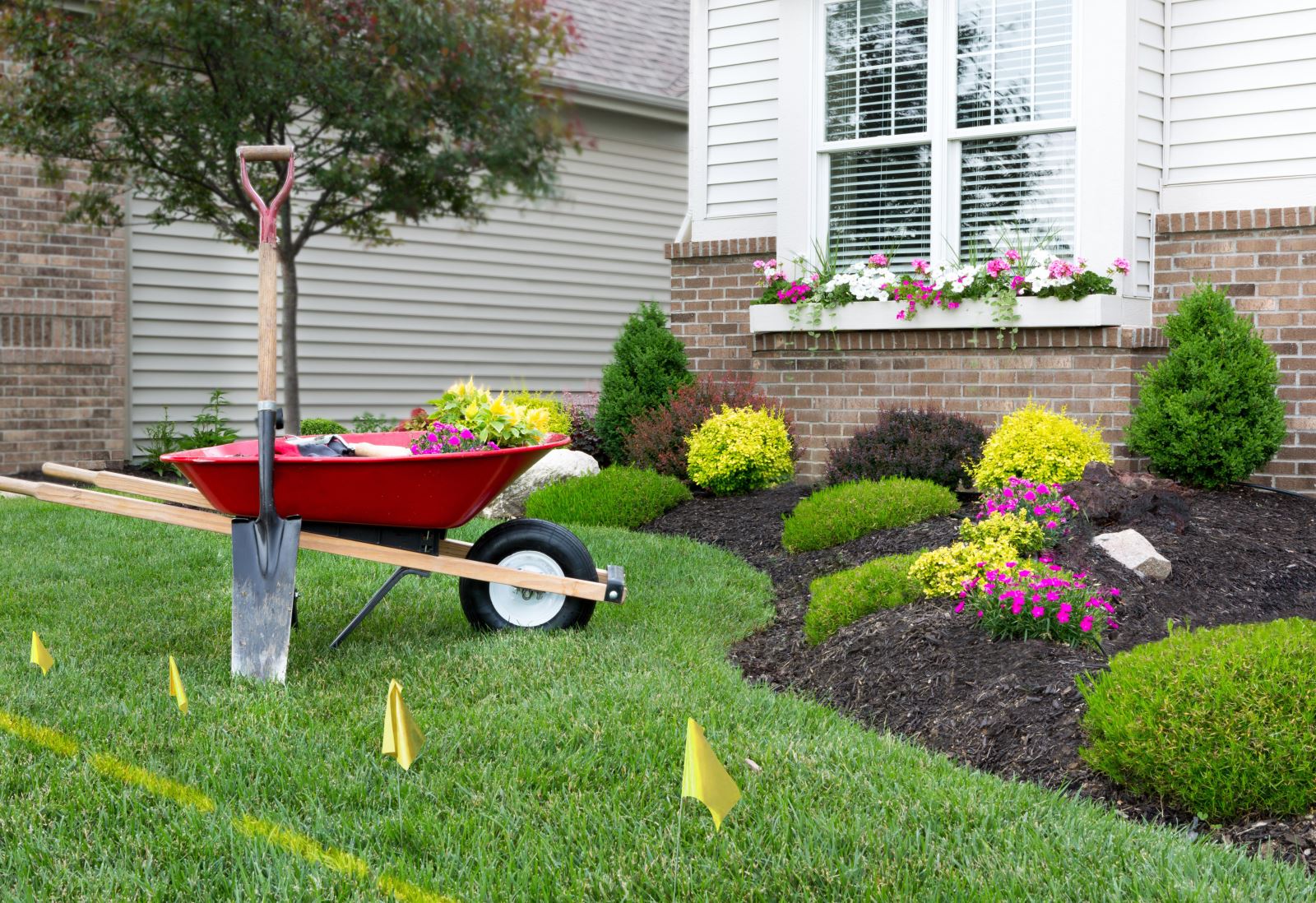
Are you one of the more than 3 million people planning to renovate your kitchen or bathroom this year? Or perhaps you're adding on a room or finishing your basement. If you're going to hire a contractor for any home remodeling project, make sure you know the difference between a great contractor and an "OK" one. In other words, learn what separates a professional from an amateur.
A quick Google search on "remodeling disasters" or "renovation mistakes" returns an endless number of nightmare remodeling projects and scams, where the homeowner is left dealing with unfinished projects or unsafe conditions, and ultimately spends more money rectifying the issue.
When making such a significant investment, you want to make sure you're getting a reputable and dependable professional so your project doesn't become another horror story. It's important to do your research, read reviews and check references before you put your home in the hands of someone else.
So, now that you've narrowed down your list of potential contractors, how can you weed out the amateurs from the tried and true professionals?
Look for these qualities:
Focus:
* Professional: Puts clients first and will work with you to make sure your goals are feasible and that the project can get done on time and on budget. Treats customers, their families and their homes with respect.
* Amateur: Focuses on finishing the job as quickly as possible, with little regard for your family's personal needs and schedule.
Livability:
* Professional: Well-equipped to deal with the No. 1 threat to livable remodeling - dirt and dust. Protects you and your family from annoying and potentially dangerous air particles by using the most effective tools and processes for dust elimination, such as the BuildClean Dust Control System.
* Amateur: Doesn't have a proactive strategy to manage indoor air quality and jobsite dust. "Brushes it under the rug" without concern for your indoor air quality, your belongings and the short-term and long-term health of you and your family.
Ethical:
* Professional: Proactively addresses challenges head-on, immediately notifying you of an unexpected issue.
* Amateur: Ignores problems uncovered during the project in order to keep it moving. Leaves behind things like hidden mold, leaky pipes or structural issues, putting the health and safety of your family at risk.
Risk:
* Professional: has a license, certifications and insurance. Obtains all necessary permits, protecting you against unsafe work and legal issues. Guarantees their work.
* Amateur: Unaware of - or doesn't care about - building codes, required permits and health and safety regulations. Leaves you liable for any improper work, mistakes and in a potentially dangerous situation.
Value:
* Professional: Communicates with you to establish an estimate and negotiate a fair contract and payment schedule.
* Amateur: Underbids a project by thousands of dollars and is likely to cut corners to meet the budget or overwhelm you with costly change orders.
When beginning your remodeling projects this year, remember professional contractors will put your interests first. They will proactively address potential issues and discuss a livability strategy with you that includes timeline, logistics, dust control and safety. With an amateur, there are no guarantees, so you're putting yourself and your loved ones at unnecessary risk. (BPT)













